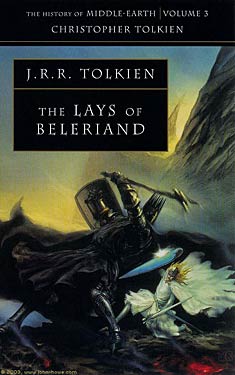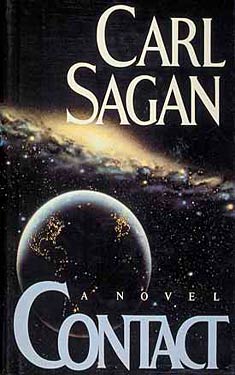Samuel R. Delany
Completed 11/28/2015, Reviewed 11/28/2015
3 stars
I hate giving Delany’s works three stars. His stories, characters, and prose are amazingly
complex, almost academic. “Stars in My
Pocket…” deconstructs race, sexuality, and gender the way only Science Fiction
can, turning it on its head and forcing us to look at our own society in fresh
and perhaps transgressive ways. At some
point, very complex literature loses its appeal to me. I like prose, but I also need readability,
something that eluded me with this book.
The book begins with Rat Korga, a man who is tricked into a
high-tech lobotomy and forced into institutionalized slavery. As a Rat, he’s forced into terrible living
and working conditions and is abused sexually.
On that planet, men are valued more than women, and a person’s whole
value in life is based their job.
Homosexuality is forbidden to anyone under the age of 27, and the
greatest transgression is for a short person to have sex with a tall
person. Then suddenly, the planet
destroys itself and Korga is the only survivor.
The narrative then changes to Marq Dyeth, an industrial diplomat
who comes from a much different world than Korga. On his planet and in many parts of the galaxy,
there are two factions, The Family, which is conservative, valuing the nuclear
family and trying to recreate what they think life was like on the original
Earth, and the Sygn, which values multi-culturalism, where families may consist
of aliens and humans of any gender. Marq
comes from an area controlled by the Sygn.
Korga it turns out is saved by a strange group called the
Web. One of the “spiders”, Japril, is on
the mission that saves Korga. They find
a way to effectively reverse the lobotomy and try an experiment to match him
with his perfect sexual partner, and it turns out to be Marq. They are compatible to seven decimal
places. The web brings Korga to Marq’s
planet where they fall in love, but his presence causes chaos, being a celebrity
for surviving his planet’s self-destruction.
I really liked the device where Delany made all references
to people single gender. All people and
aliens are referred to as women. She and
her are used as pronouns. Women are either
male or female and Delaney doesn’t always tell you who is what. Names and descriptions don’t necessarily give
you any clues either. With the
preponderance of aliens who also have a neuter gender it gets even more
confusing. People are only referred to
as he when they are sexual partners. If
you think about it, we rely heavily on knowing how to refer to characters in a
book as men or women. Of course, I found
this confusing at first, but eventually, the differences didn’t matter that
much as we got to know the characters by their actions and attitudes rather
than by their gender. And fortunately,
the two main characters are described as male and gay, so we have some frame of
reference. I find it interesting that Anne
Lecke won multiple awards a few years ago for her book “Ancillary Justice”
trying to do the same thing with gender. With
her book, I found the device simply annoying.
I have to say as complicated as the prose was, Delany did a much better
job with it. And he did it thirty years before she did.
I also really liked the conflict between the Family and the
Sygn. It is pretty clear when you see
the date of publication that Delany was talking about the state of the U.S. in
1984 when the rise of the conservative Christian right was threatening all the
social advances of tolerance and multi-culturalism, attempting to return to an
arbitrary view of how the world is supposed to look rather than being open to
understanding people as individuals, representing a plurality of viewpoints and
ways of existing.
Where the book really faltered for me was in the prose. The sentences are often very long and convoluted. He uses parenthetical asides, multiple commas,
semi-colons, and dashes, making it often hard to figure out the basic subject
and verb of a sentence. I find this
terribly hard to follow, requiring multiple reading of a sentence just to get
the gist of it. When I reflect on this
kind of writing, I’m reminded of the biopic of Jacqueline Suzanne when her
editor is trying to rewrite her prose into something more literary. She responds with “People don’t talk like
that”. That’s what I thought throughout
this book. As I often say, I love prosy
books, but sometimes it can get so terse you sit back and realize not only do
people not talk like that, they don’t even think like that.
A device I didn’t care for was using meals and parties as
modes of describing the politics of the world.
It seems like a fairly common trope of the golden-age authors to have a
party or a big dinner to help you understand the complexity of the world. I find this device difficult to follow,
mostly because it introduces a lot of characters at once. I have a tough time keeping the characters
separated in my head, and usually, but the end of the scene, I’m rather lost. I got the gist, but I lost track of who’s who.
So what should have been a four star book gets one star
knocked off for being too complicated to really enjoy. There’s a ton of greatness in the Delaney’s deconstruction
of society and comparing and contrasting differing worlds and points of
view. Critics and other authors consider
this his best work. It probably is, but
ultimately, I need a book that can convey its message without losing me in the
sentence structure.





